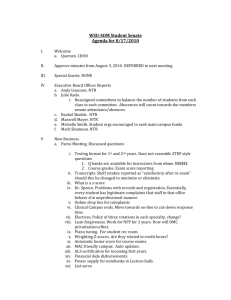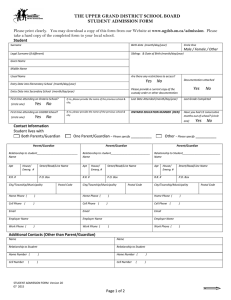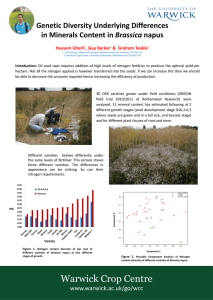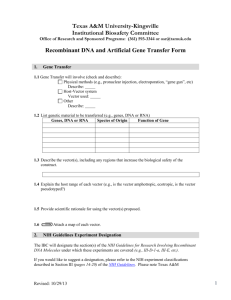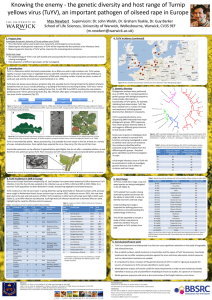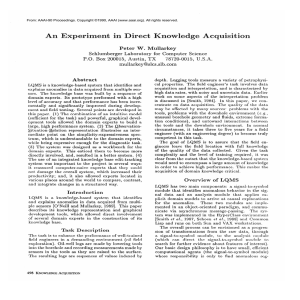The relationship between rhizosphere microbiome and oilseed rape (OSR) yield decline
advertisement
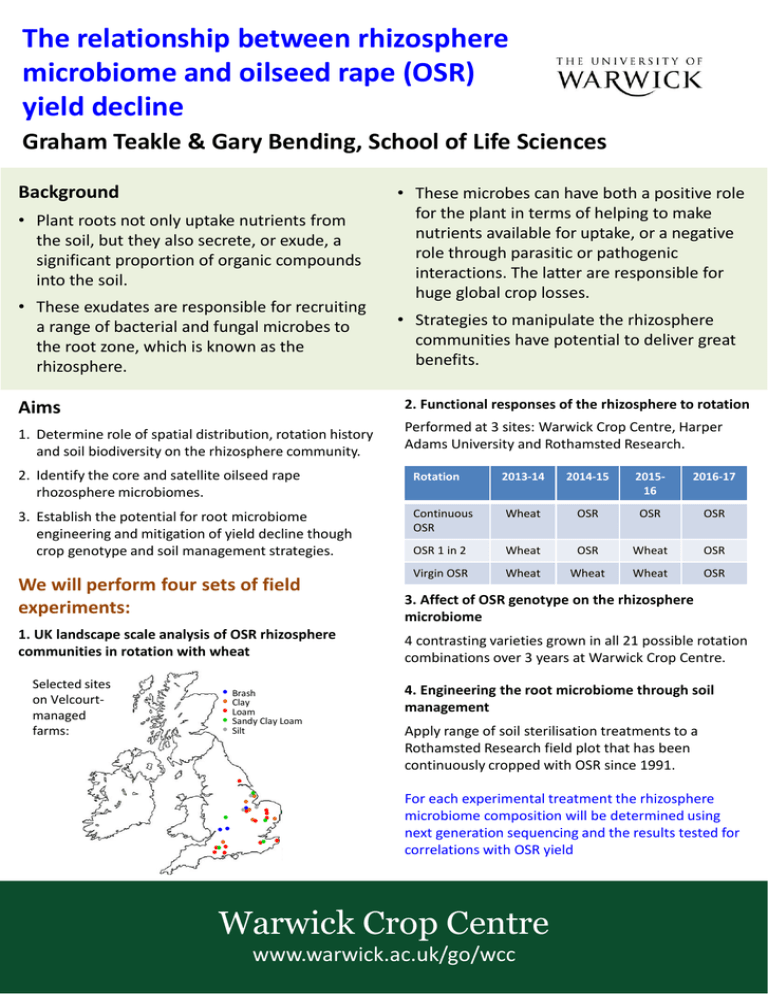
The relationship between rhizosphere microbiome and oilseed rape (OSR) yield decline Graham Teakle & Gary Bending, School of Life Sciences Background • Plant roots not only uptake nutrients from the soil, but they also secrete, or exude, a significant proportion of organic compounds into the soil. • These exudates are responsible for recruiting a range of bacterial and fungal microbes to the root zone, which is known as the rhizosphere. • These microbes can have both a positive role for the plant in terms of helping to make nutrients available for uptake, or a negative role through parasitic or pathogenic interactions. The latter are responsible for huge global crop losses. • Strategies to manipulate the rhizosphere communities have potential to deliver great benefits. 2. Functional responses of the rhizosphere to rotation Aims 1. Determine role of spatial distribution, rotation history and soil biodiversity on the rhizosphere community. Performed at 3 sites: Warwick Crop Centre, Harper Adams University and Rothamsted Research. 2. Identify the core and satellite oilseed rape rhozosphere microbiomes. Rotation 3. Establish the potential for root microbiome engineering and mitigation of yield decline though crop genotype and soil management strategies. 2013-14 2014-15 201516 2016-17 Continuous OSR Wheat OSR OSR OSR OSR 1 in 2 Wheat OSR Wheat OSR Virgin OSR Wheat Wheat Wheat OSR We will perform four sets of field experiments: 3. Affect of OSR genotype on the rhizosphere microbiome 1. UK landscape scale analysis of OSR rhizosphere communities in rotation with wheat 4 contrasting varieties grown in all 21 possible rotation combinations over 3 years at Warwick Crop Centre. Selected sites on Velcourtmanaged farms: Brash Clay Loam Sandy Clay Loam Silt 4. Engineering the root microbiome through soil management Apply range of soil sterilisation treatments to a Rothamsted Research field plot that has been continuously cropped with OSR since 1991. For each experimental treatment the rhizosphere microbiome composition will be determined using next generation sequencing and the results tested for correlations with OSR yield Warwick Crop Centre www.warwick.ac.uk/go/wcc

